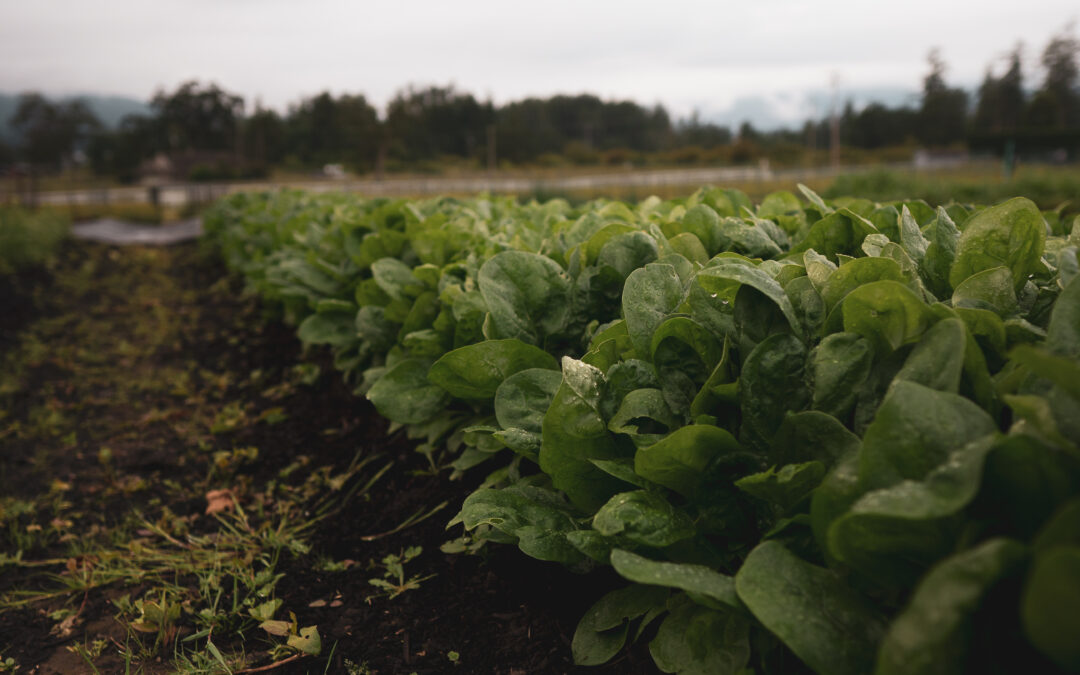The agricultural revolution brought about a significant change in human history. As populations grew and civilizations developed, agriculture became essential to providing food for people. As a result, it has been an important part of human history, shaping societies, economies, and even political systems.
From Ancient Times to the Middle Ages
The earliest known evidence of agriculture dates back to around 11,000 years ago in the Fertile Crescent, an area spanning from modern-day Egypt to Iran. In this region, people began cultivating wild grains and domesticating animals like sheep and goats. Agriculture quickly spread to regions such as the Indus Valley and China.
During the Bronze Age, agriculture played an important role in the development of civilizations. In Mesopotamia, the construction of irrigation systems allowed for large-scale farming and the growth of cities. In ancient Egypt, the Nile River provided a consistent water source, allowing for the development of a complex farming system.
In Europe, agriculture played a crucial role in the Middle Ages. During this time, feudalism dominated the political and economic systems, and agriculture was the economy’s foundation. The three-field system was introduced, which allowed for more efficient use of land and the rotation of crops, leading to increased yields.
The Agricultural Revolution
The 18th and 19th centuries brought about significant changes in agriculture. Introducing new technologies, such as the seed drill and the threshing machine, increased farming efficiency and decreased the need for manual labour.
The Agricultural Revolution also saw the development of new farming practices, such as crop rotation and the use of fertilizers. These practices allowed for greater crop yields and helped to feed the growing populations in urban areas.
The Industrial Revolution
The Industrial Revolution brought about even greater changes in agriculture. New technologies, such as the steam engine and the combine harvester, made farming even more efficient. The introduction of railroads allowed for the transportation of crops to distant markets, making it easier to sell surplus crops.
Modern Agriculture
Today, agriculture is a global industry, with the world’s population depending on it for food. The Green Revolution of the mid-20th century brought about significant changes in agriculture, including developing high-yield crops and using pesticides and fertilizers.
However, modern agriculture is not without its challenges. Pesticides and fertilizers have led to concerns about their impact on the environment and human health. The growth of industrial agriculture has also led to the consolidation of farms and the decline of small-family farms.
Sustainable Agriculture
In response to these challenges, sustainable agriculture has emerged as a new approach to farming. Sustainable agriculture focuses on the use of environmentally friendly practices, such as organic farming and conservation tillage. It also emphasizes the importance of local food systems and the support of small family farms.
From ancient times to the present day, agriculture has played a critical role in human history. It has been an essential part of the development of civilizations and has shaped societies and economies. While modern agriculture has brought about significant changes, it is important to consider farming practices’ environmental and social impacts. Sustainable agriculture offers a new approach to farming that aims to promote environmental stewardship and support local communities.

